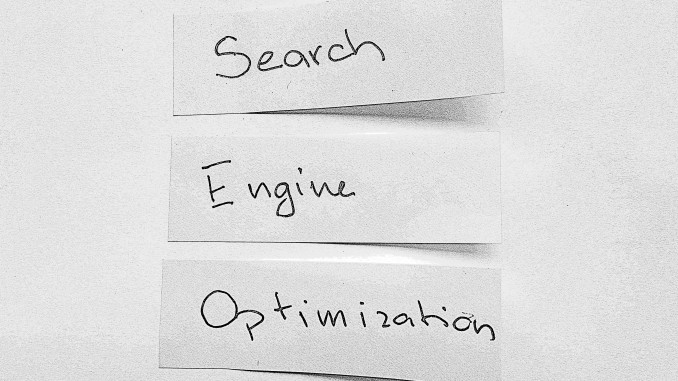
Link audits and SEO audits are typically conducted to identify issues with site rank or a shift in search visibility. They’re also used to identify opportunities and evaluate the status of campaigns for improving rank. Sometimes those opportunities are missed, especially when a link audit is completed for the sole purpose of identifying the root cause of a drop or shift in search rank.
With hundreds of tracked updates to Google’s search algorithm, and more happening regularly between the major search engines, it’s a good idea to broaden your focus with any SEO or link audit.
Likewise, before assuming any change in search rank is based on your link building, ask these five questions first to help guide the direction of your audit:
1. Are other issues causing rank to change?
With all the updates to the Google algorithm that involve devaluing link sources in the last few years, it’s no surprise that marketers and site owners jump straight to a link audit if they even catch whiff of a potential problem. Don’t be that guy.
It’s important to check if there might be other issues. Various culprits can shift the way traffic appears, or how your site pops up in the search results. For example:
• Check the data in analytics if traffic seems off. Sometimes tracking codes can disappear from sites that are updated.
• The content of a website or landing page could be causing a rank shift with the algorithm, especially if it’s duplicated, deemed to be too thin, or freshness scores drop.
• Outbound links could be pointing to sites that become devalued or are considered spammy.
• There could be technical issues if a backup was restored or a site was recently migrated, 301 redirects setup, etc.
• Is your site mobile friendly? Recent mobile friendly algorithm updates may be creating rank issues for your site.
2. Was there a recent algorithm update?
Don’t automatically assume there’s a link issue related to one of the big Google updates. Frequent, regular – but minor – updates happen all the time. These small updates don’t get the media hype that major updates like Penguin do, which means they can occur under your radar, even if you pay close attention to major industry sites.
If you saw some kind of shift in your site rank, but it wasn’t around the dates of core updates, then your site may have just been hit by an update that was less common. Keep an eye on Mozcast to watch for updates and volatility in the algorithms.
3. Are you looking at all of your links?
You can’t assume that just because you’ve always built organic links from great sources that your profile stays clean. When doing an audit and searching for erroneous links, don’t limit your search to recently built links.
Since links of all ages, back to the first link you created, play a part in your rank you need to look at all of them – even the ones you’ve previously confirmed were safe and beneficial.
4. Are you looking beyond webmaster tools for data?
While Google may recommend that you trust Webmaster Tools for looking into link data, their platform doesn’t necessarily provide all the data you want to gather when performing an audit of your link profile. The best approach to any kind of data analysis is to pool and compare your data from multiple sources.
Combine third party tools like Open Site Explorer and Ahrefs, along with webmaster data from Google and Bing. This way you can spot unnatural links that may not appear in your webmaster tools, or in third-party tools.
5. Did you check your competitors?
Anytime you do an audit, even for links, you should be checking into your competitor’s performance as well. The rank of your competitors absolutely impacts your own search visibility when you consider there is limited real estate within the search results. If the competition is launching and pushing an aggressive strategy to lift their search visibility, they could be responsible for pushing your site or landing page down in the search results.
This should be reviewed both in mobile and desktop search, since results will vary depending on the device your audience is using and competitors may be targeting one over the other. SEMrush and Sistrix both help identify queries your competitors (even their apps) are currently ranking for.
Conclusion
Considering the number of updates to search algorithms, as well as the many factors involved with search rank, don’t focus on a single aspect like links when auditing your search visibility and site status. These five questions can help you pull back and review other factors, catching the real culprits behind search rank trends and ensuring you don’t miss opportunities to boost your rank.
Mo Harake brings more than 12 years of eCommerce and digital marketing experience leading brands like FIJI Water, 7Diamonds, Kill Cliff and venture-backed startups to his work as managing director of Stray Digital. For more on his approach to eCommerce, content marketing and growth hacking, visit him on LinkedIn or at the Stray Digital blog.The post 5 Important Questions You Aren’t Asking During Your Link Audit appeared first on SiteProNews.
Source: Site Pro News
Link: 5 Important Questions You Aren’t Asking During Your Link Audit



Leave a Reply